
Best Practices for Improving with Chess Tutoring
Learning chess takes patience, and sometimes it helps to have someone guide you along. Chess tutoring can make a big difference, especially when you want to improve faster or figure out why certain moves aren't working.
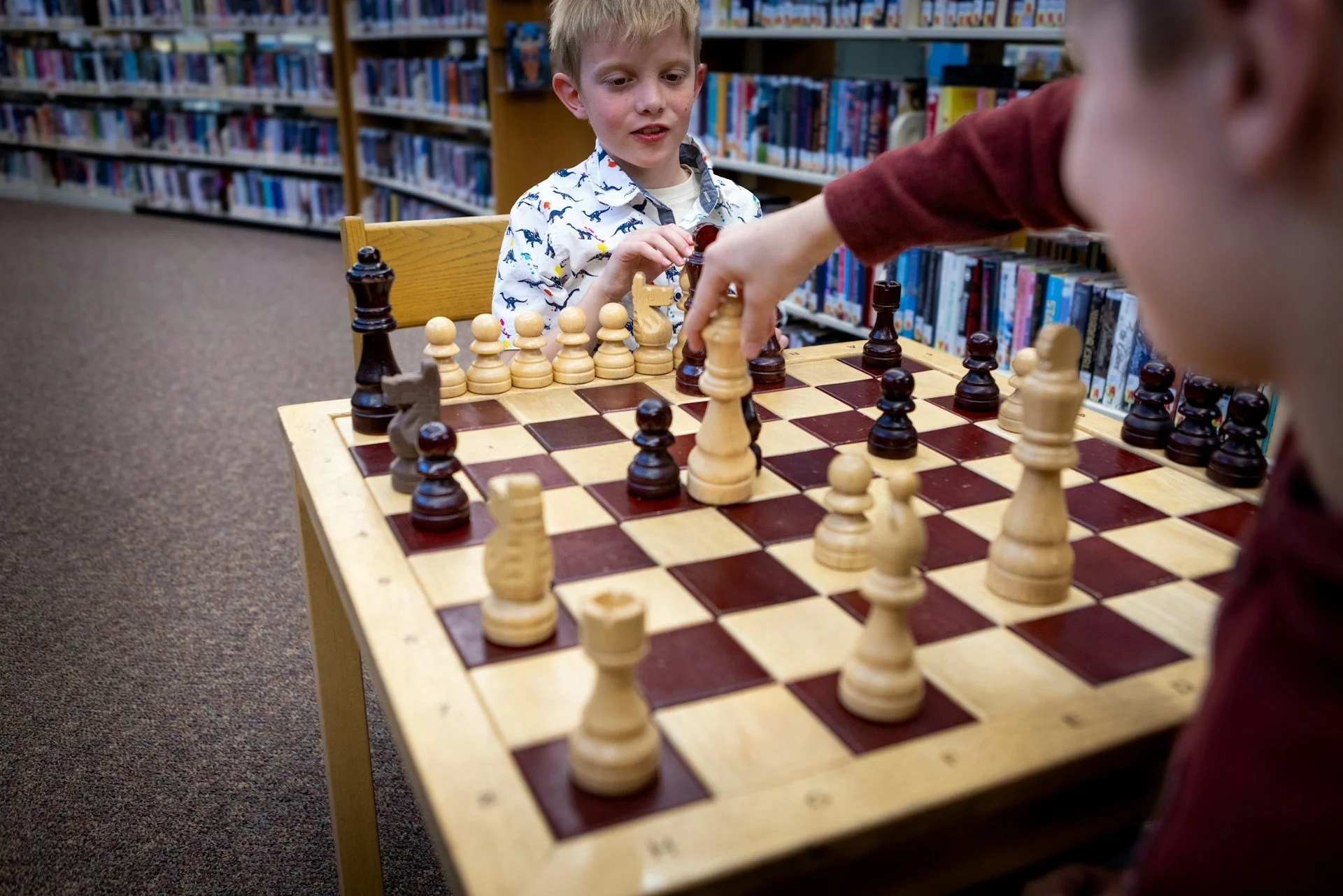
Preparing Your Child for a First Chess Tournament
A first chess tournament feels very different from friendly games at home, and knowing what to expect can make the day much smoother for you and your child.
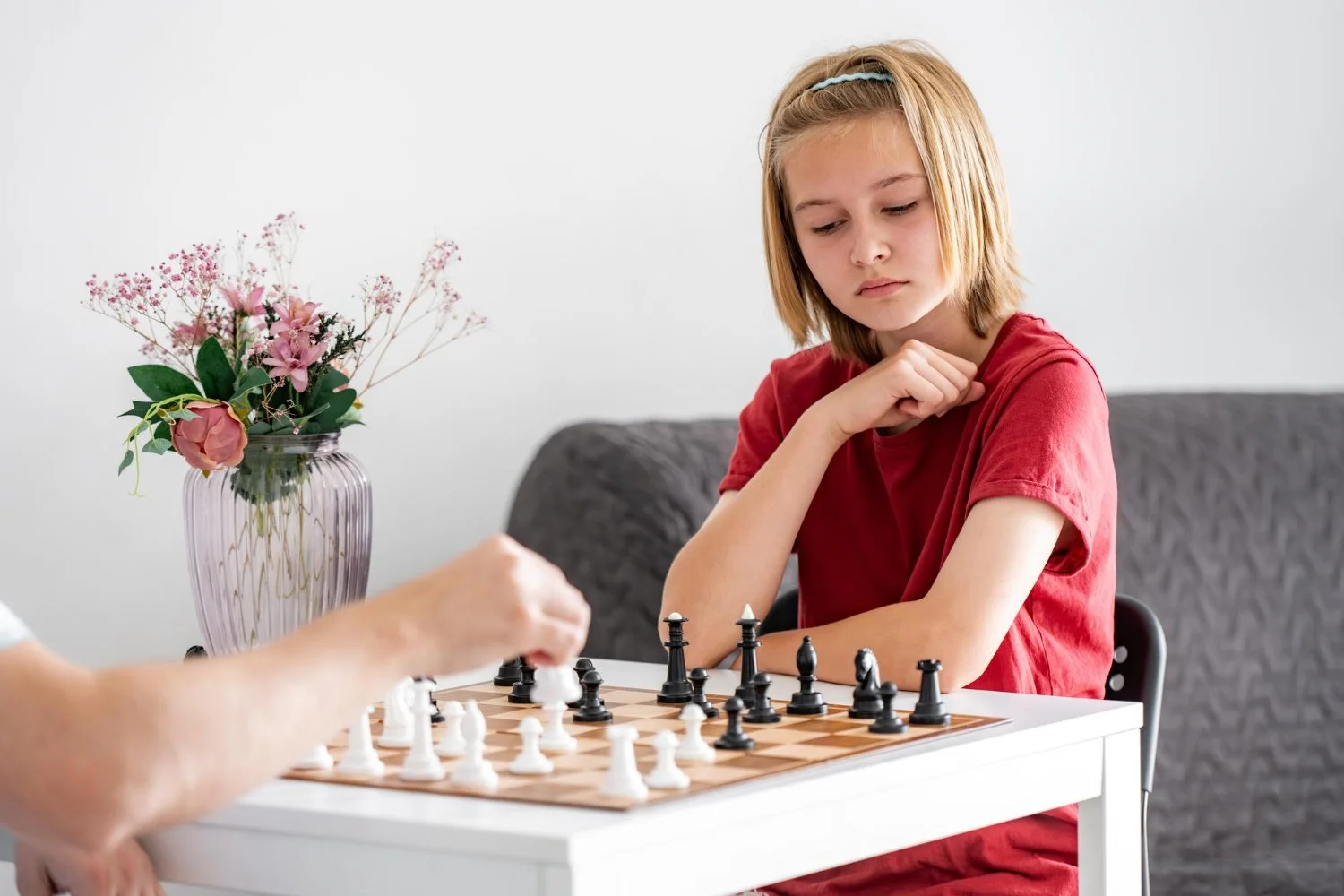
How Tournament Chess Builds Confidence and Strategic Thinking
Tournament chess is one of the most effective ways to turn casual interest into real, lasting skill. A well-designed chess training program uses competition not as an optional add-on, but as a core part of growth.

Why Center Control Is the Cornerstone of Strong Chess
Strong chess starts with strong habits. Before opening theory, fancy sacrifices, or dramatic checkmates, players need a clear understanding of what matters most on the board.
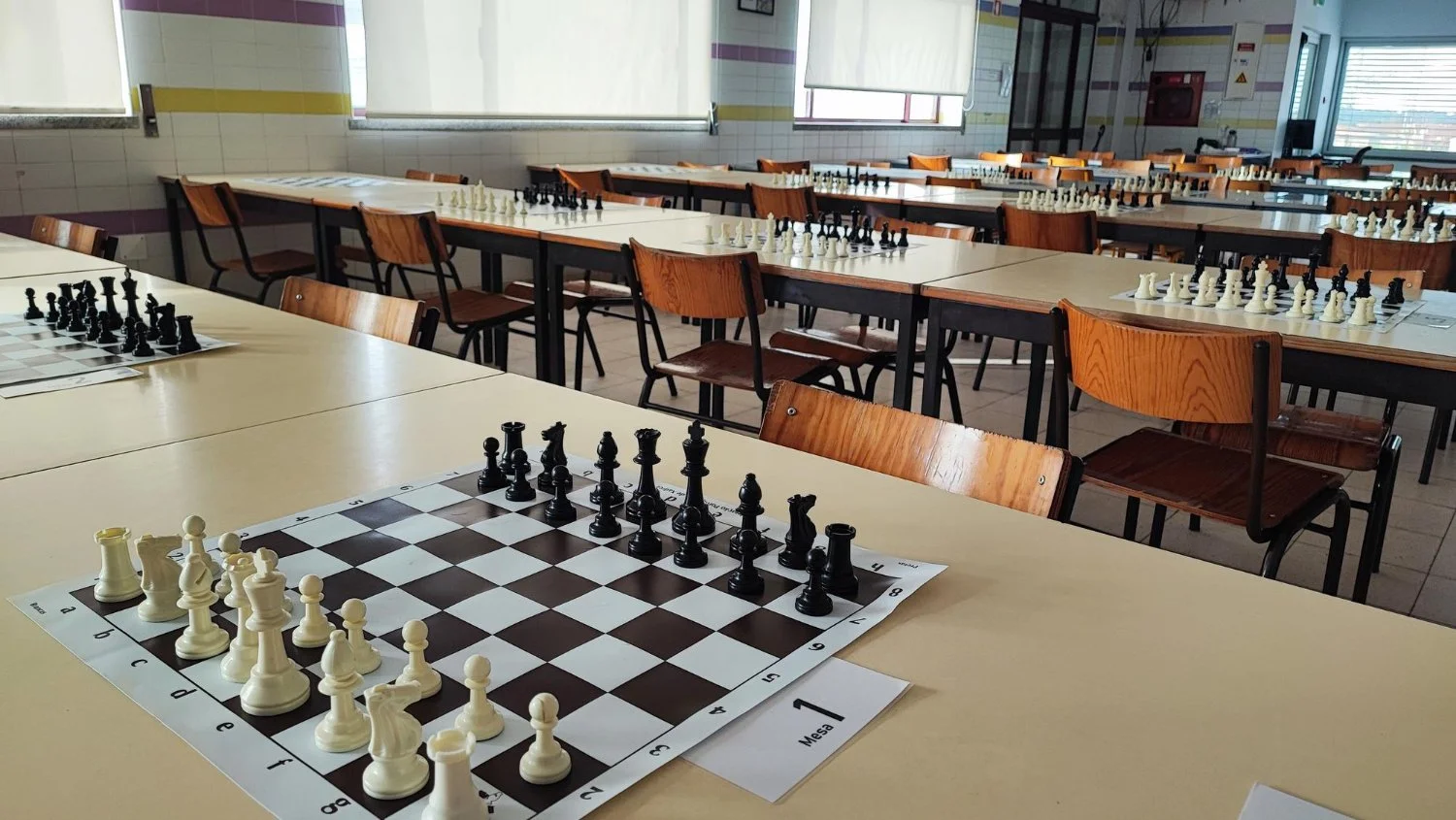
Chess Academy Options for Young Players
When kids show interest in learning chess, the next big question is where to begin. Many families start looking into chess academies once their child moves beyond just playing for fun and starts wanting to improve.
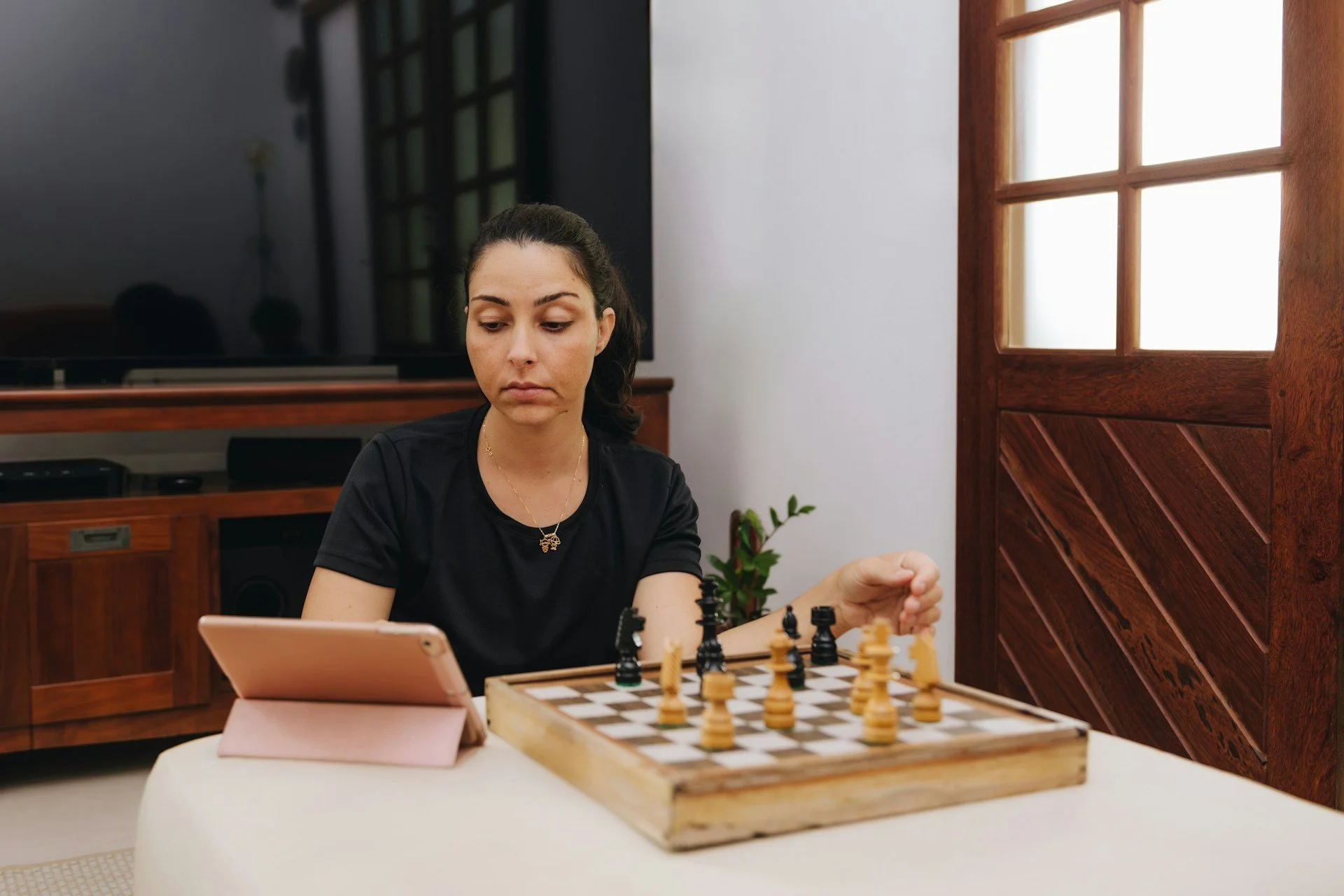
Exploring Advanced Chess Strategies Online
Learning advanced chess strategy takes time, patience, and the right kind of support. It’s not just about winning more games but understanding the choices behind each move.
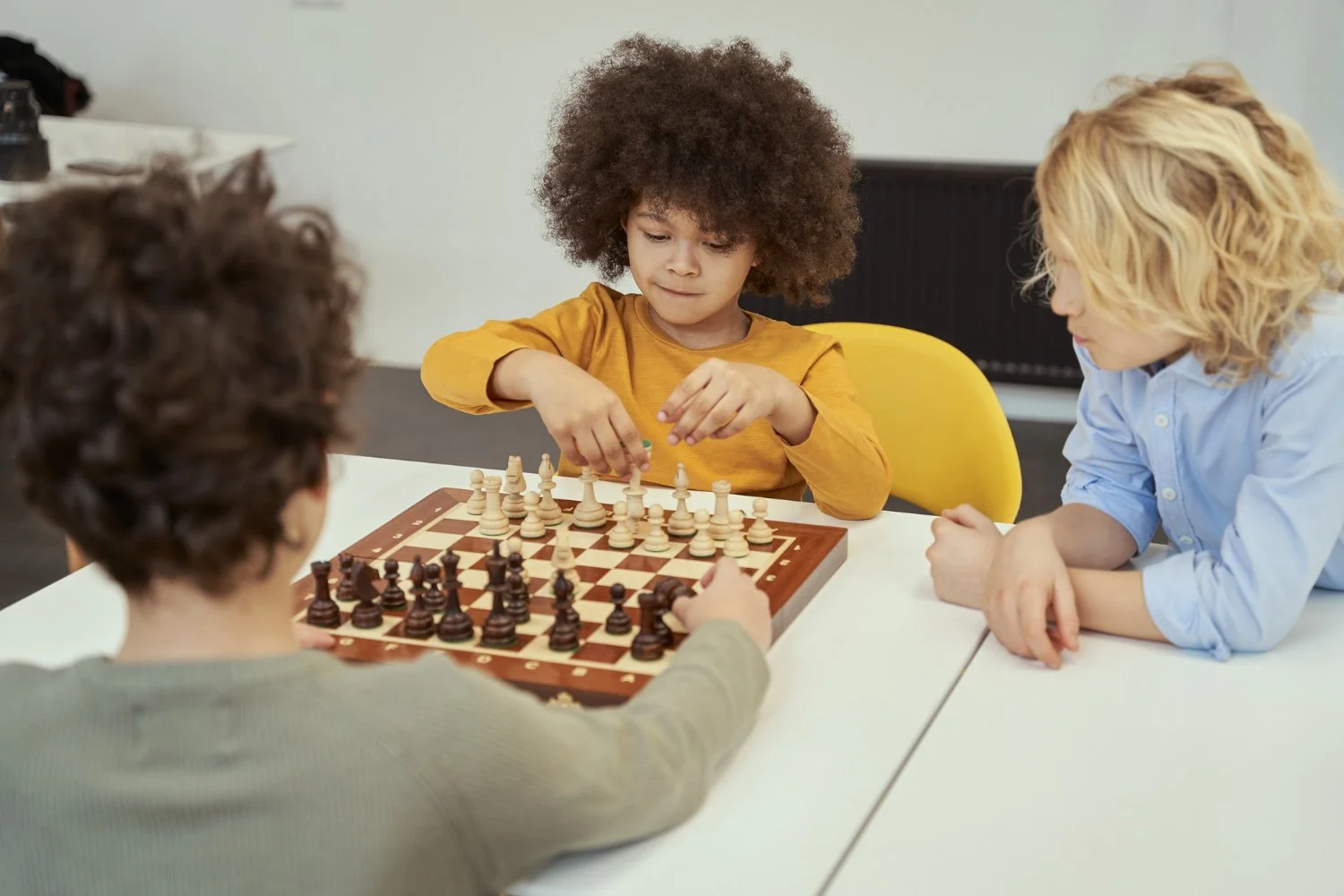
Engaging Chess Classes in Manhattan for Growth
Early March feels like a turning point in Manhattan. Winter's slowly letting go, and people begin looking for fresh ways to spend time indoors while waiting for spring to fully settle in.
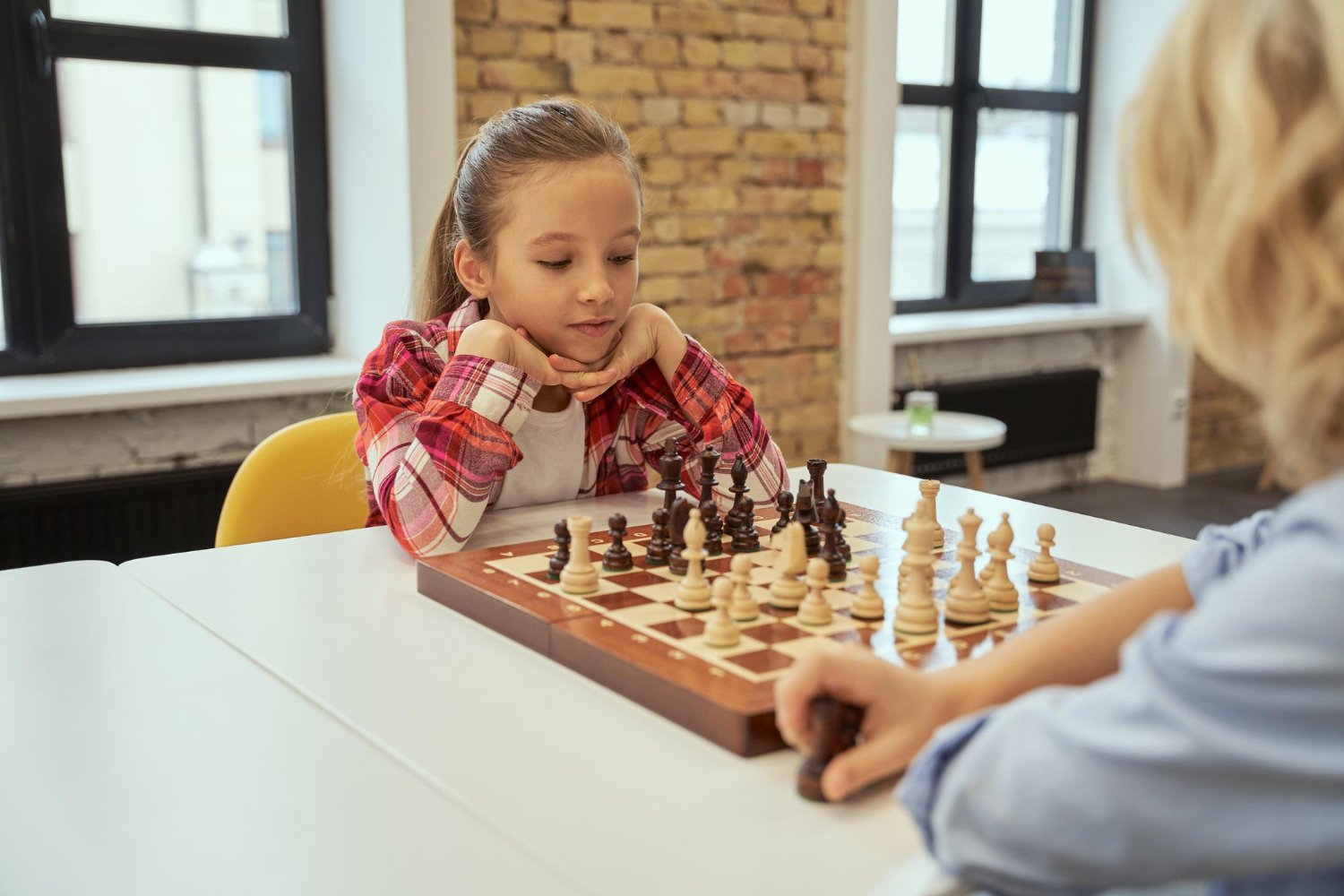
Is My Child Ready for Competitive Chess
Parents of young chess players usually reach the same crossroads at some point: is my child ready to play in a real tournament?
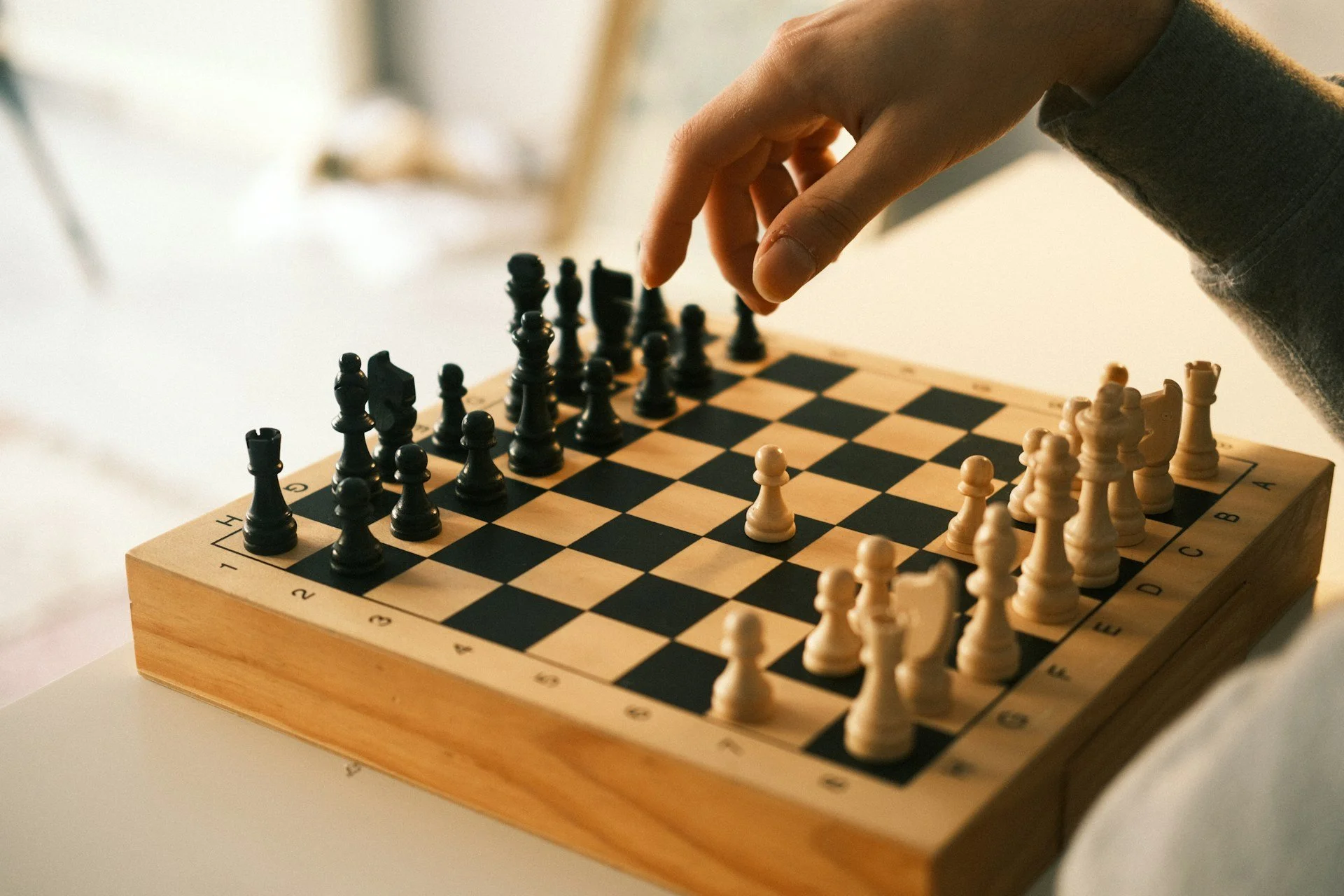
Starting Chess Coaching with NYC Experts
When February rolls around in Manhattan, many of us spend a little more time inside. Cold mornings and early sunsets shift the pace of the day, creating space for calmer activities we may not have time for in warmer seasons.
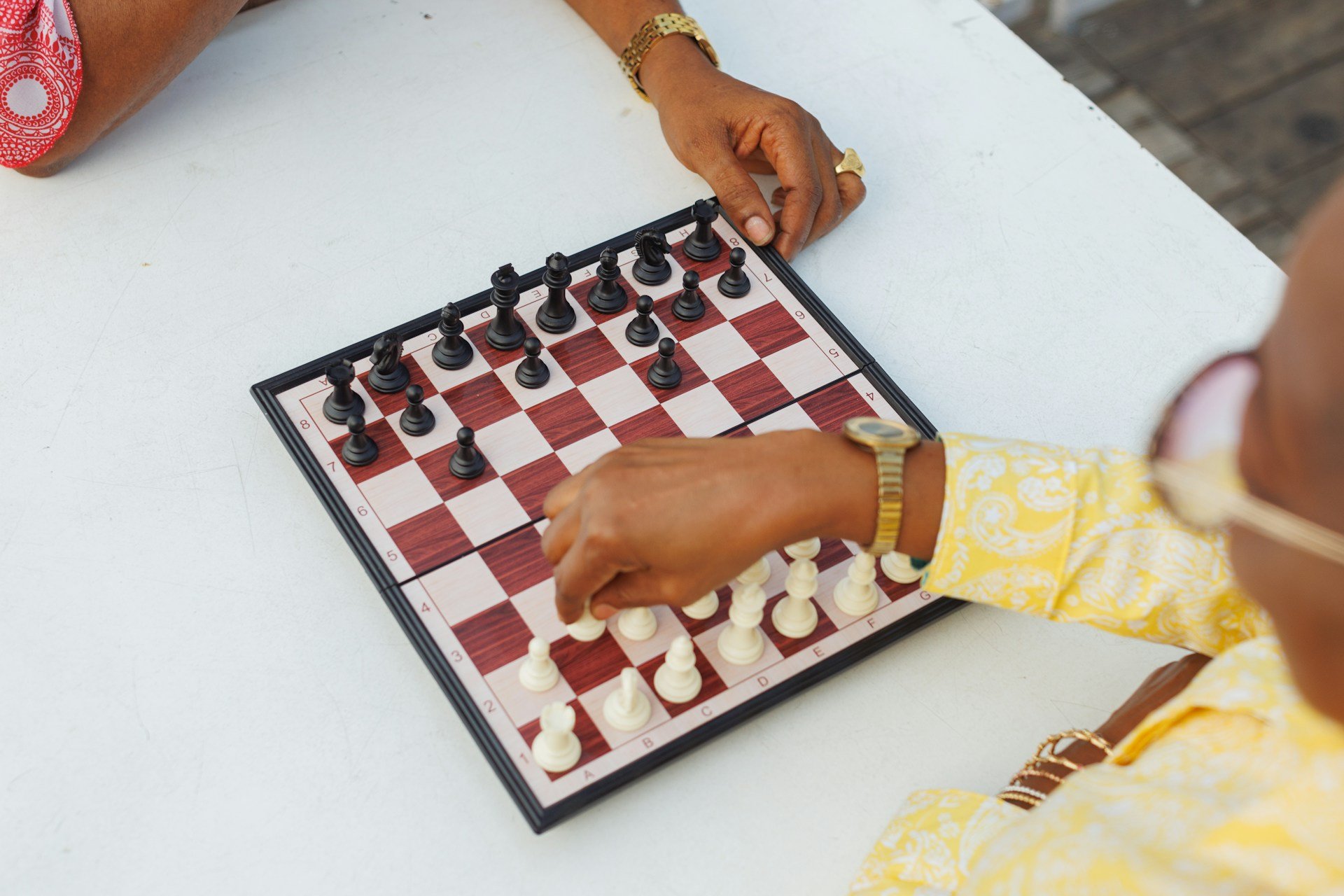
Chess Classes for Adults: A Hobby in NYC
Picking up a new hobby can be harder as an adult. Time gets tight, routines take over, and the idea of learning something new might feel like a lot.

Private Chess Coaching: Role in Your Mastery
Winter in Manhattan can slow the city down just enough to make room for quiet focus. It’s the kind of season where staying indoors isn't just more comfortable, it’s more productive.
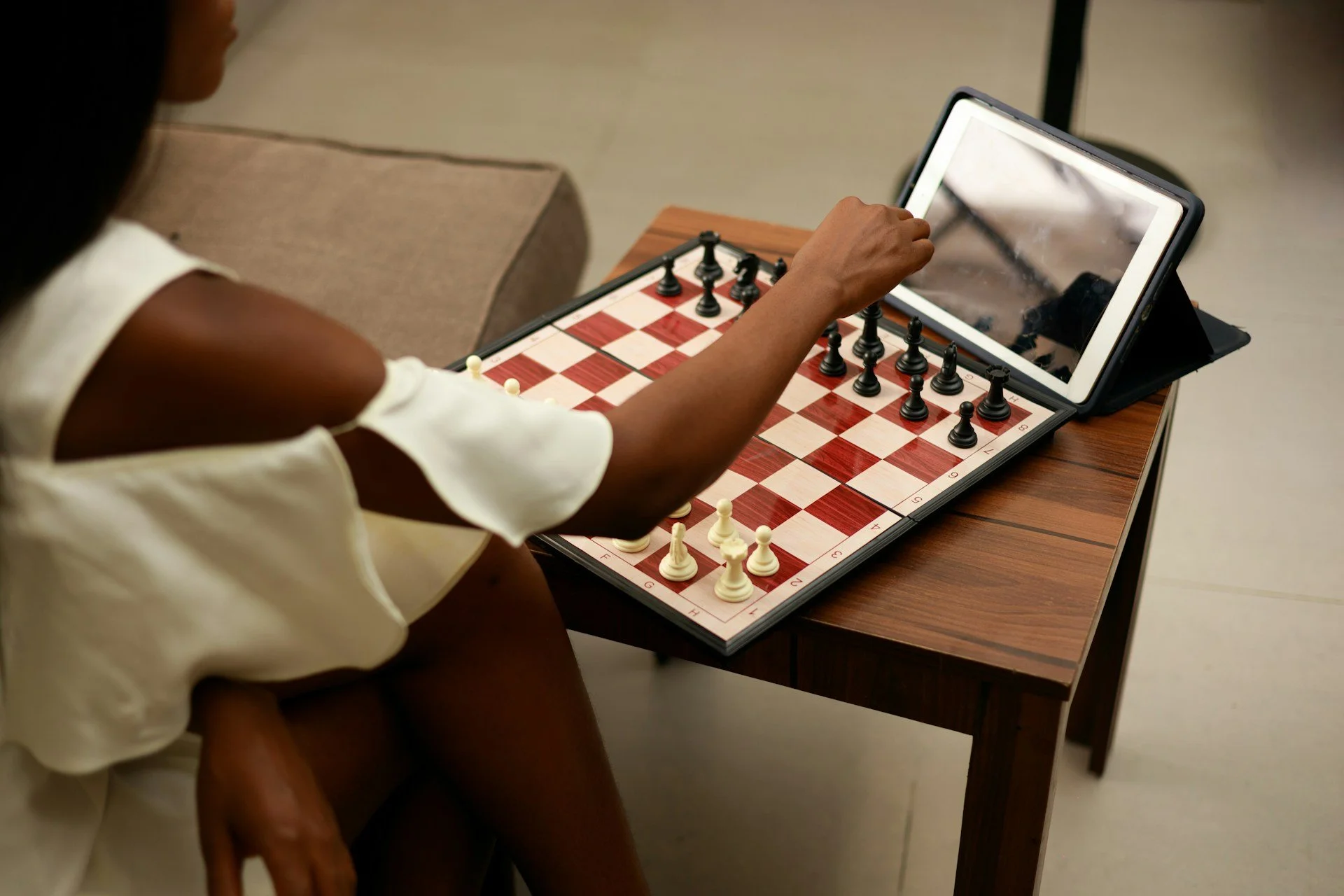
Diverse Learning with Chess Tutors Online
Not everyone learns the same way, and that’s something we keep in mind when it comes to chess. Some people like to go slow and really think things through.
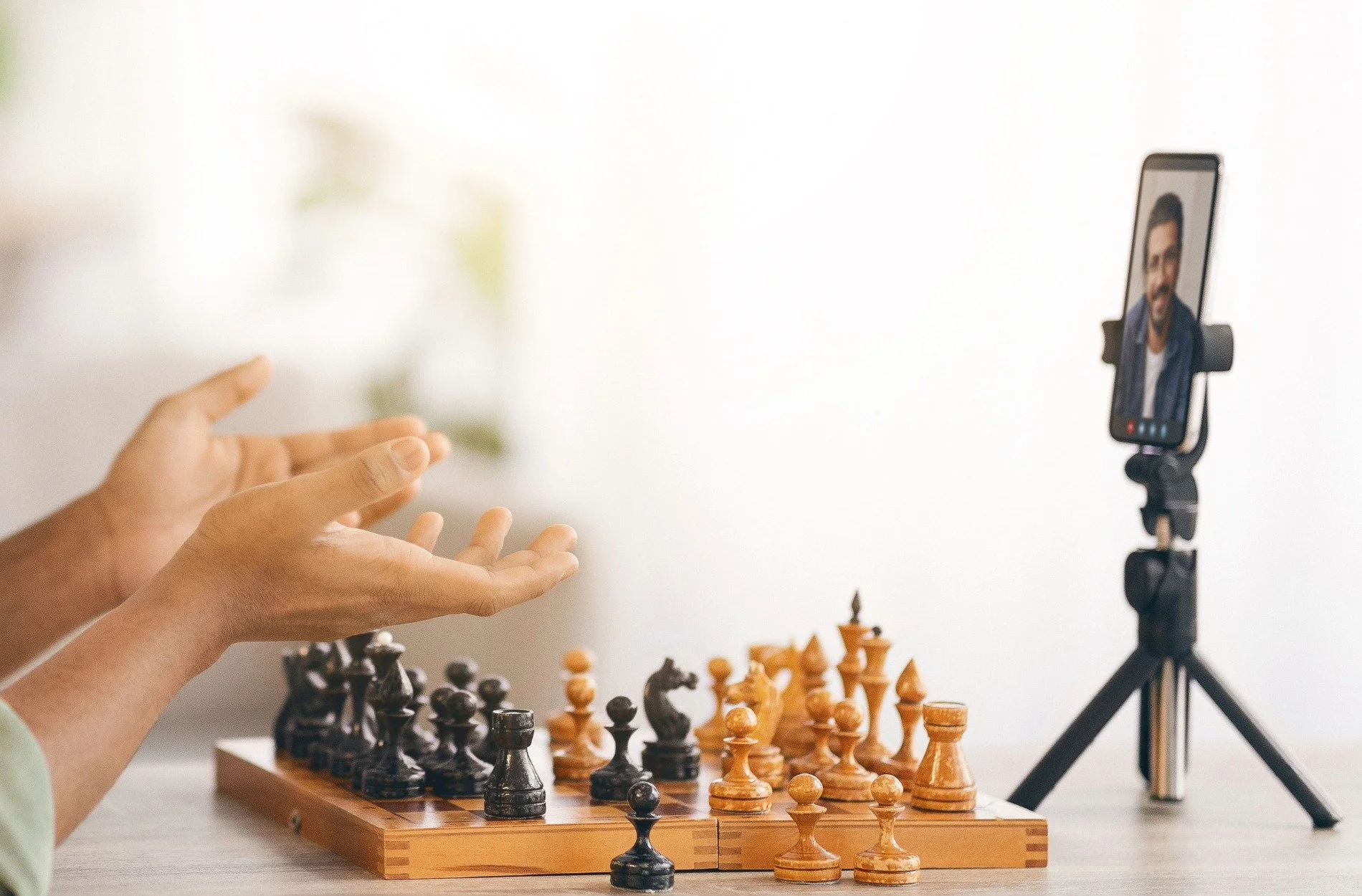
Online Chess Programs for Career Advancement
Learn how chess training programs help Manhattan professionals think ahead, stay calm under pressure, and grow confidence from home this winter.
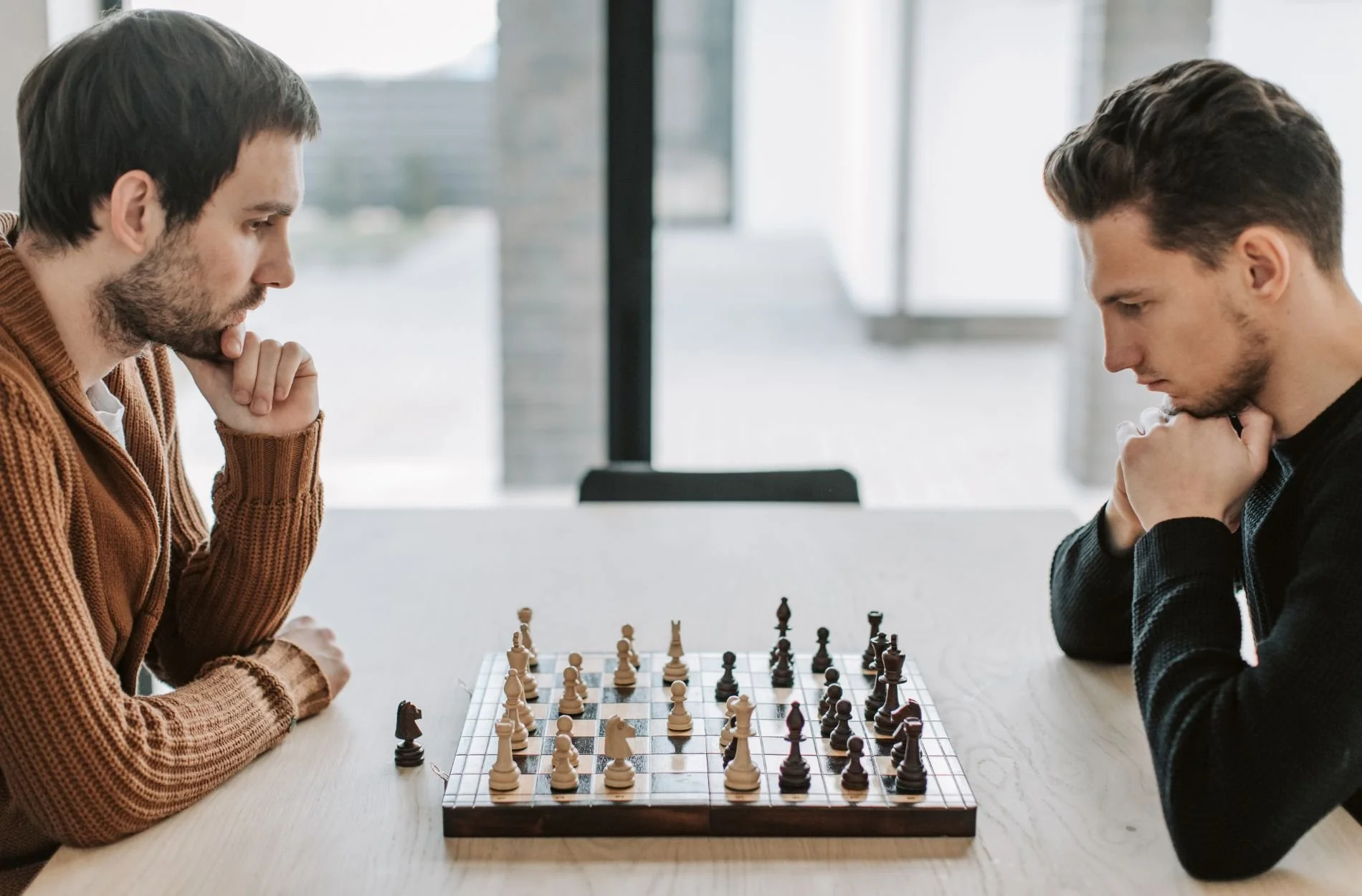
Exploring Quick Progress with One-on-One Chess Instruction
Stay focused this winter with one on one chess lessons in Manhattan, New York, designed to match your pace and keep each move clear and meaningful.
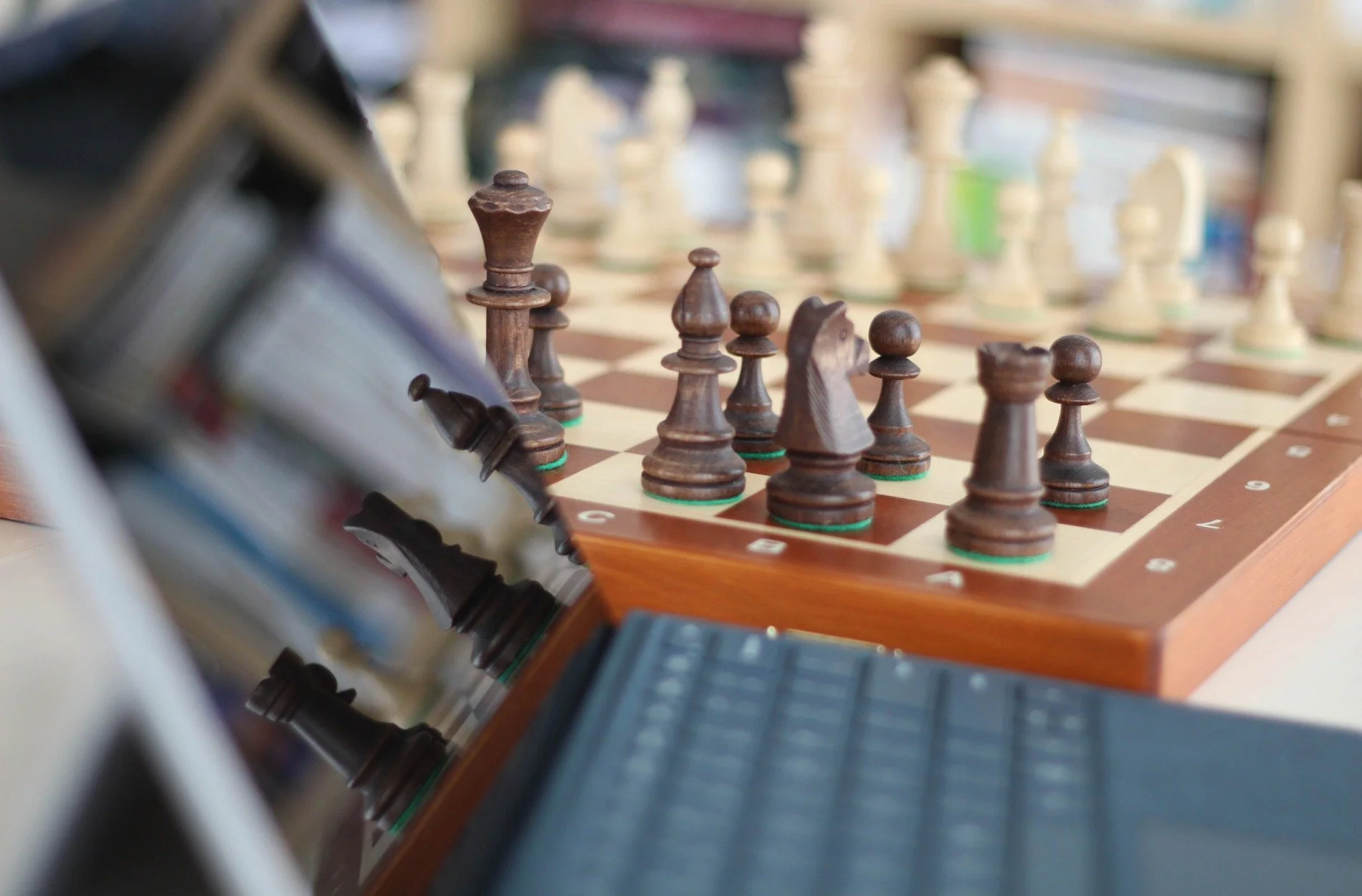
Challenges of Online Chess Classes for All Ages
Online chess classes can be tricky in Manhattan, New York. Find out how learners of all ages stay focused, confident, and supported at home.
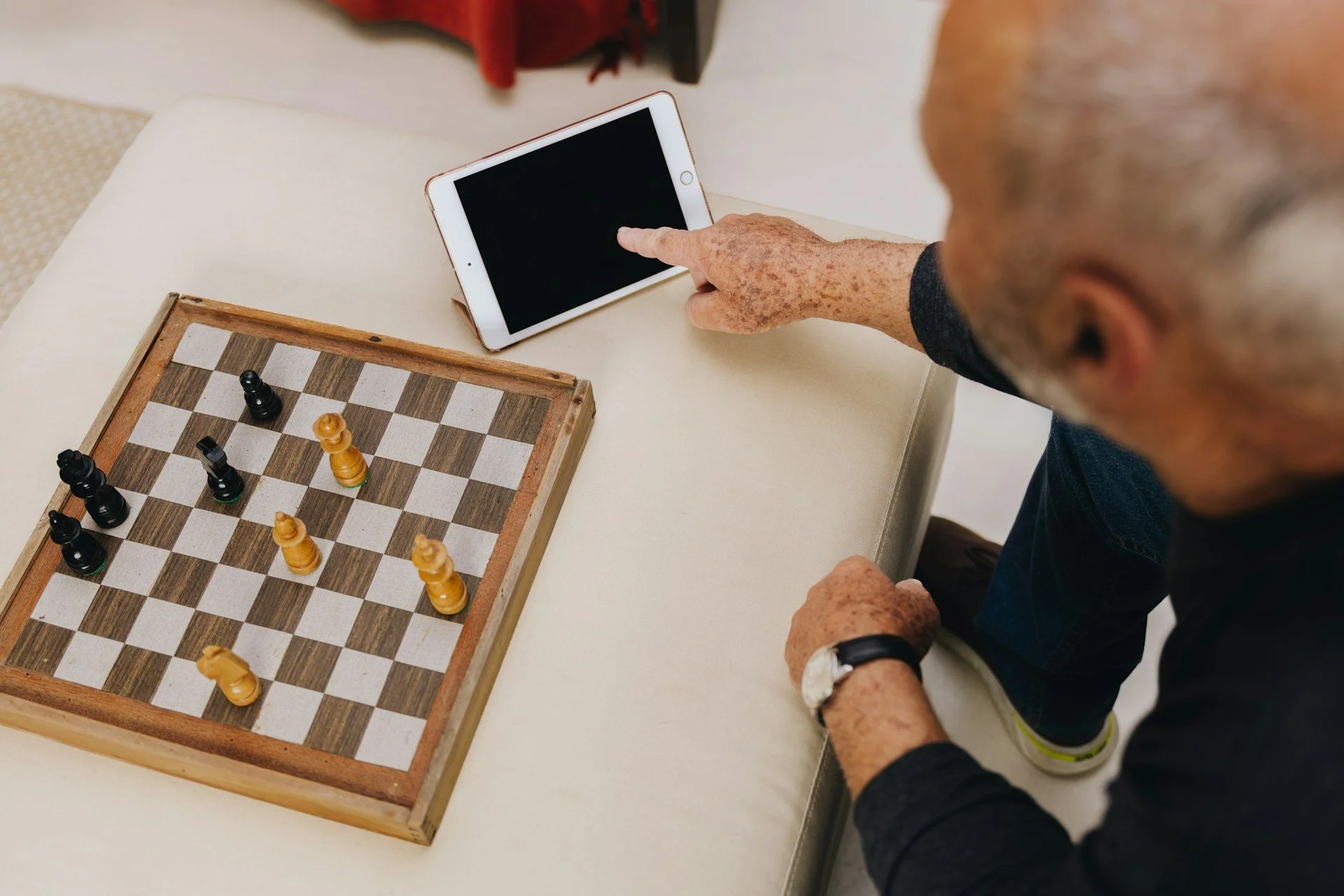
Virtual Chess Learning for Busy Adults in NYC
Learn from a virtual chess coach without leaving home. Stay sharp and relaxed with personalized lessons that fit your schedule in Manhattan, New York.
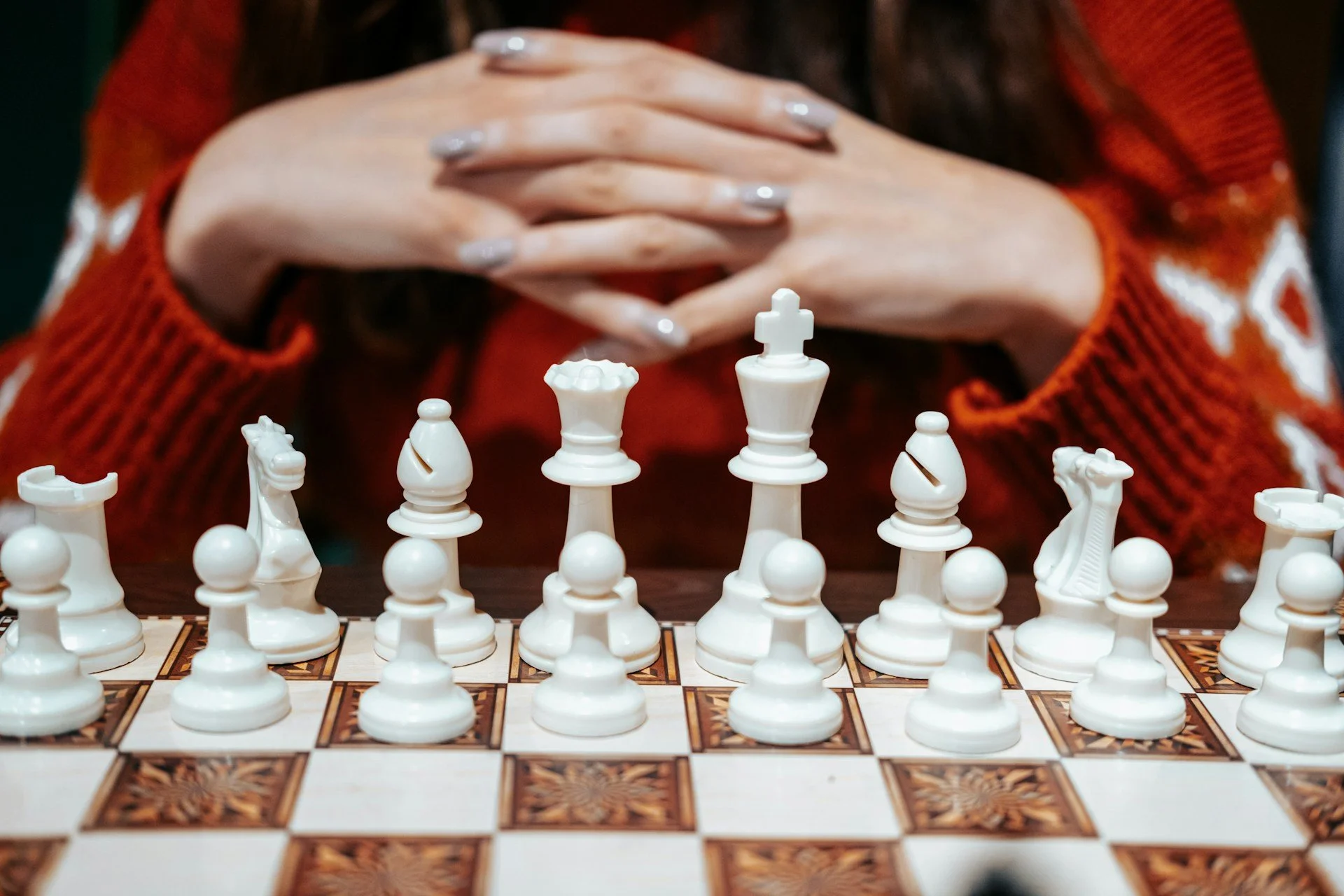
How a Virtual Chess Coach Can Boost Your Game
Playing chess is exciting, but let's be honest, it can get frustrating when you're trying to figure things out on your own.

Finding the Best Chess Coaching Online in NYC
During the colder months in Manhattan, it can feel good to find something steady that keeps the mind active.
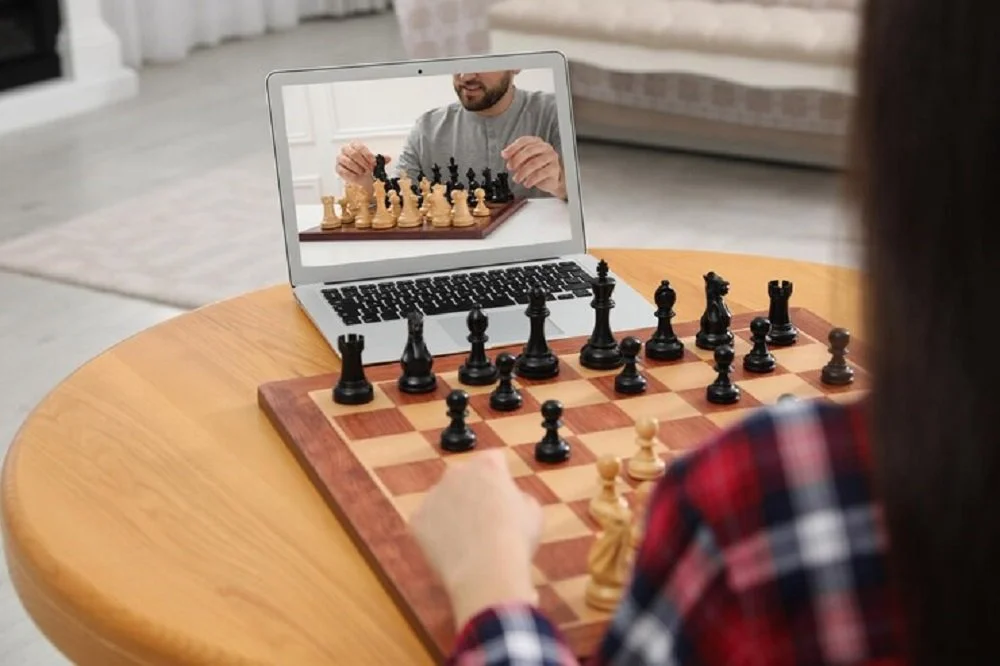
Choosing the Right Online Chess Academy
When it’s cold outside and the days feel short, learning something new from the comfort of home can make winter feel more productive.
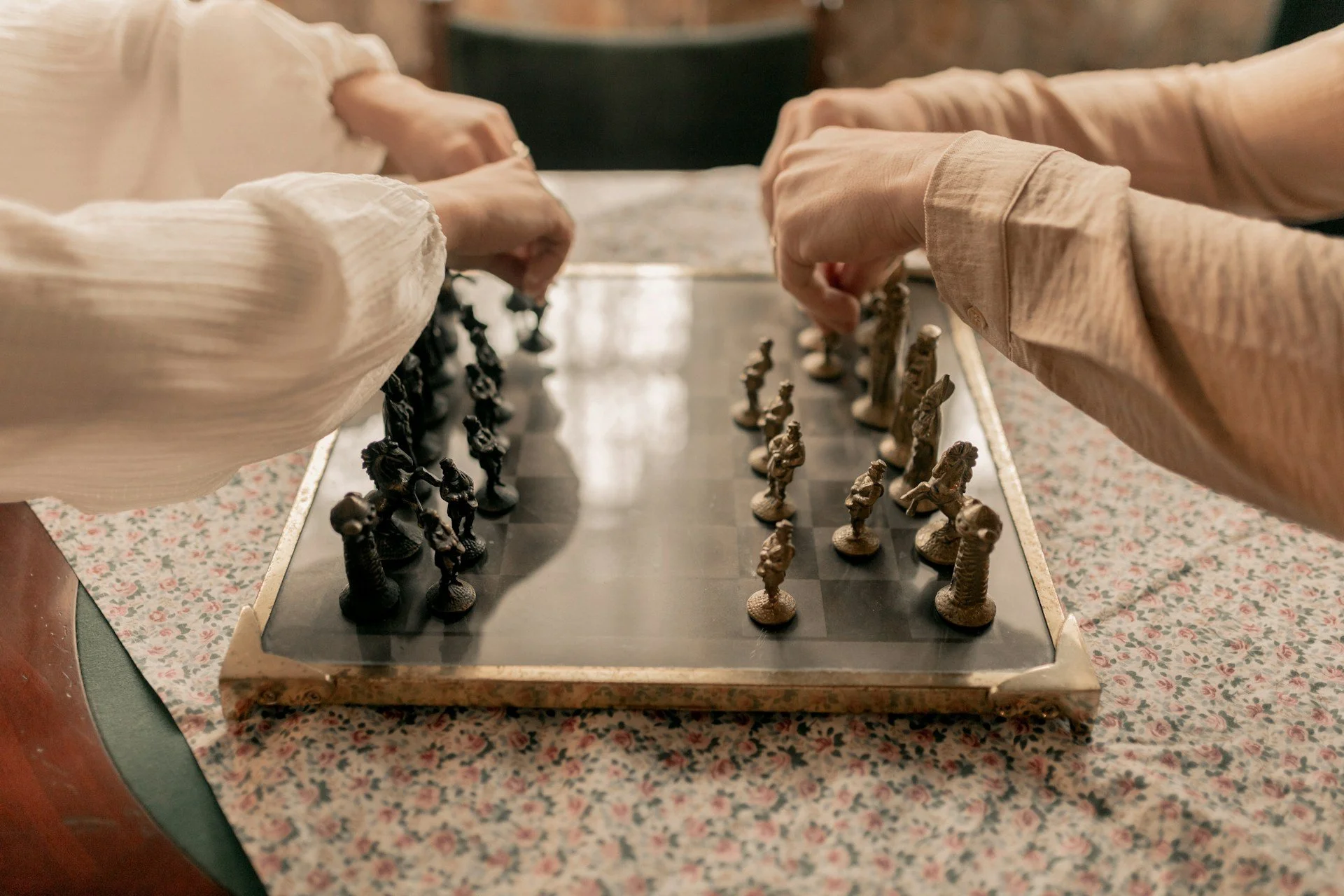
What Makes an Impactful Chess Teacher in New York
When it’s cold outside and the days feel short, learning something new from the comfort of home can make winter feel more productive.
